Aging Disgracefully? An Insight into a Social Media Conversation Around FaceApp
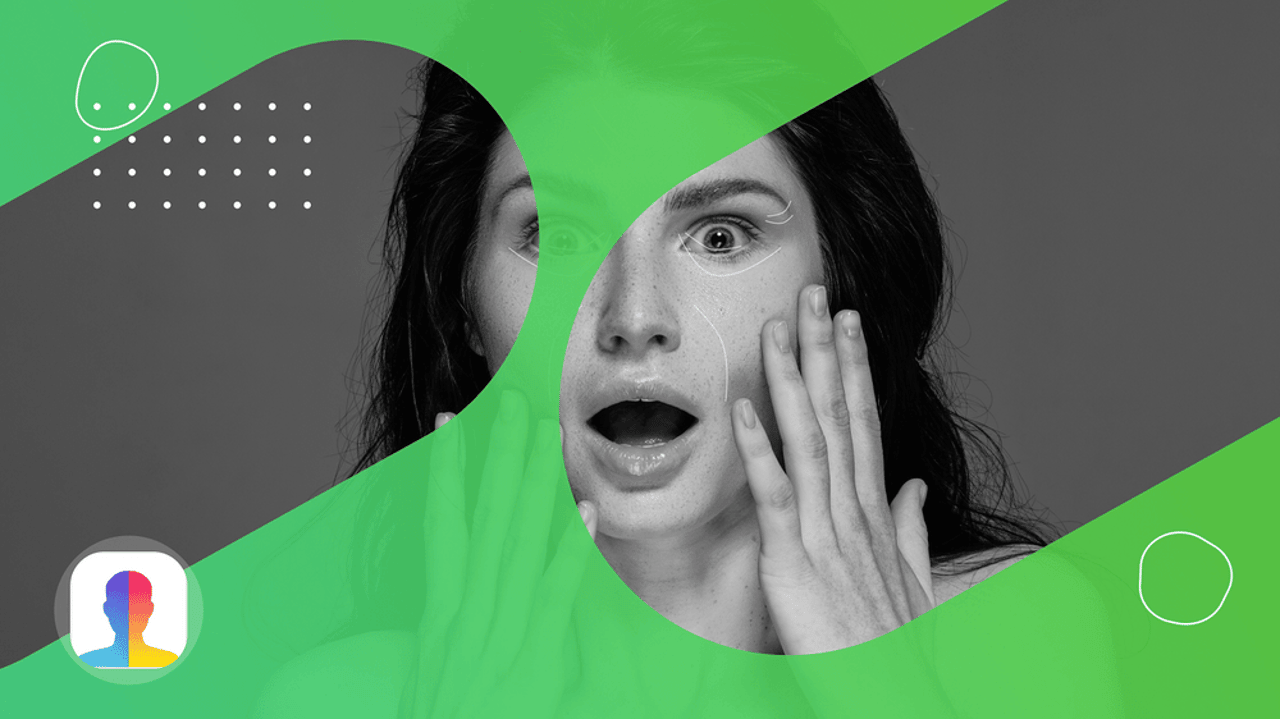
The Topface Media team, equipped with YouScan’s monitoring software, dived deep into the social media conversation around the app to research this phenomenon.
Over the last few weeks, the app that transforms your face to show what you’ll look like when you’re old has gone viral, becoming the world’s top downloaded app and overtaking Instagram on AppStore. The Topface Media team, equipped with YouScan’s monitoring software, dived deep into the social media conversation around the app to research this phenomenon. Read on if you’ve been wondering why your social media feed looks like this:
-1578559029.png)
-1578559029.png)
On the unlikely chance that you haven’t heard anything about it yet, FaceApp is an image recognition app, which uses neural networks to rework faces on photos that you upload. It was created by Yaroslav Goncharov, a former employee of Yandex (Russia’s most popular search engine). Although the app has been around for a couple of years, the road to the worldwide recognition started in the beginning of July in Africa.
We analyzed FaceApp mentions between June 18 and July 19, 2019. During this time, 1 208 192 mentions were posted on social media and across the internet. The total number of likes, reposts and comments exceeded 29 000 000, showing the increase in app mentions by 1 189 595%.
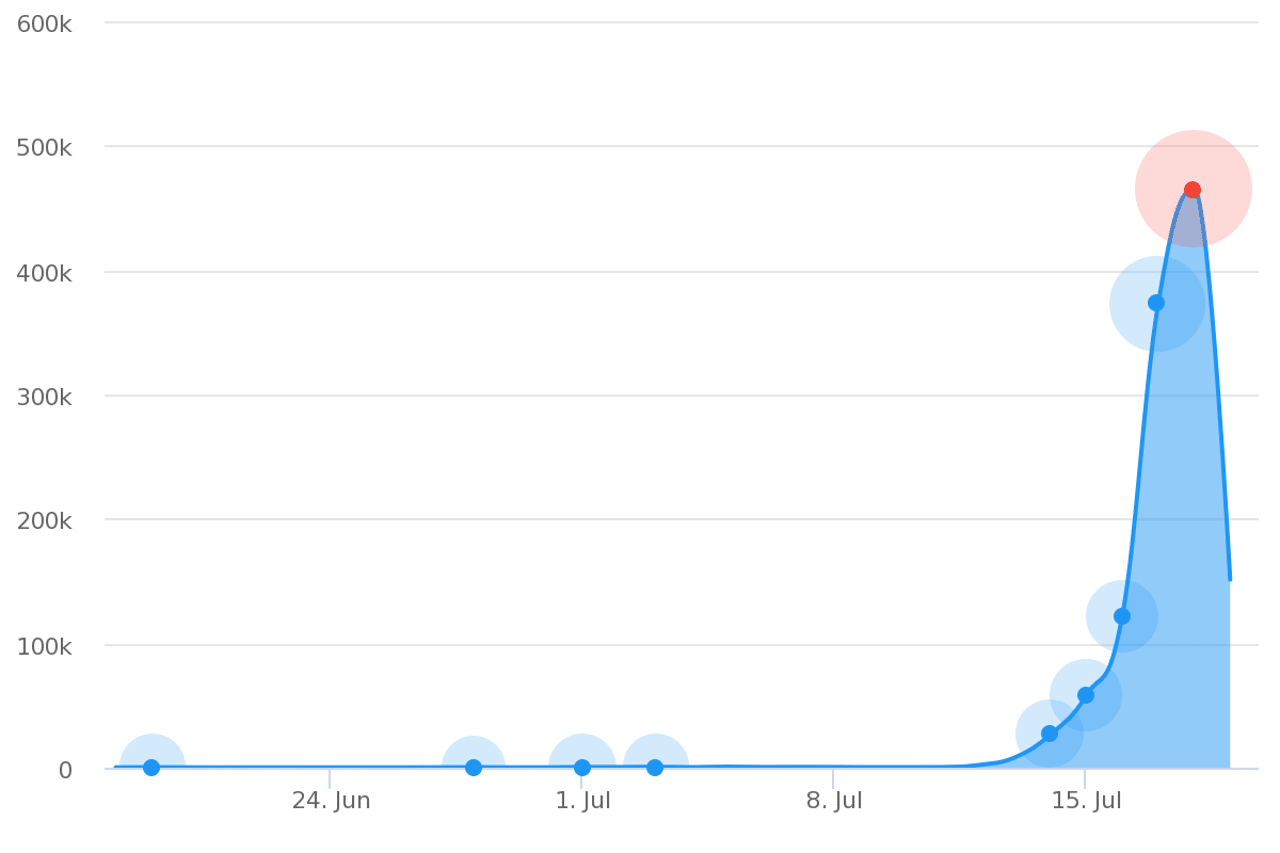

As FaceApp downloads were soaring all over the world, social media users from the United States generated the most discussion with over 130 000 mentions. Russia, predictably, comes second with half as many mentions, followed by Brazil, Ukraine and Britain. So, the largest share of the conversation is held in English (700 000+ comments) and in Russian (95 000+ comments).
Who are these people? The conversation was dominated by men, with over 280 000 mentions from males against 130 000 mentions from female authors. As for age, it appears that 25-34 year olds are most concerned about how they will look when they are older. Contrary to our expectations, the second group interested in discussing the app is 35-44, not younger users.
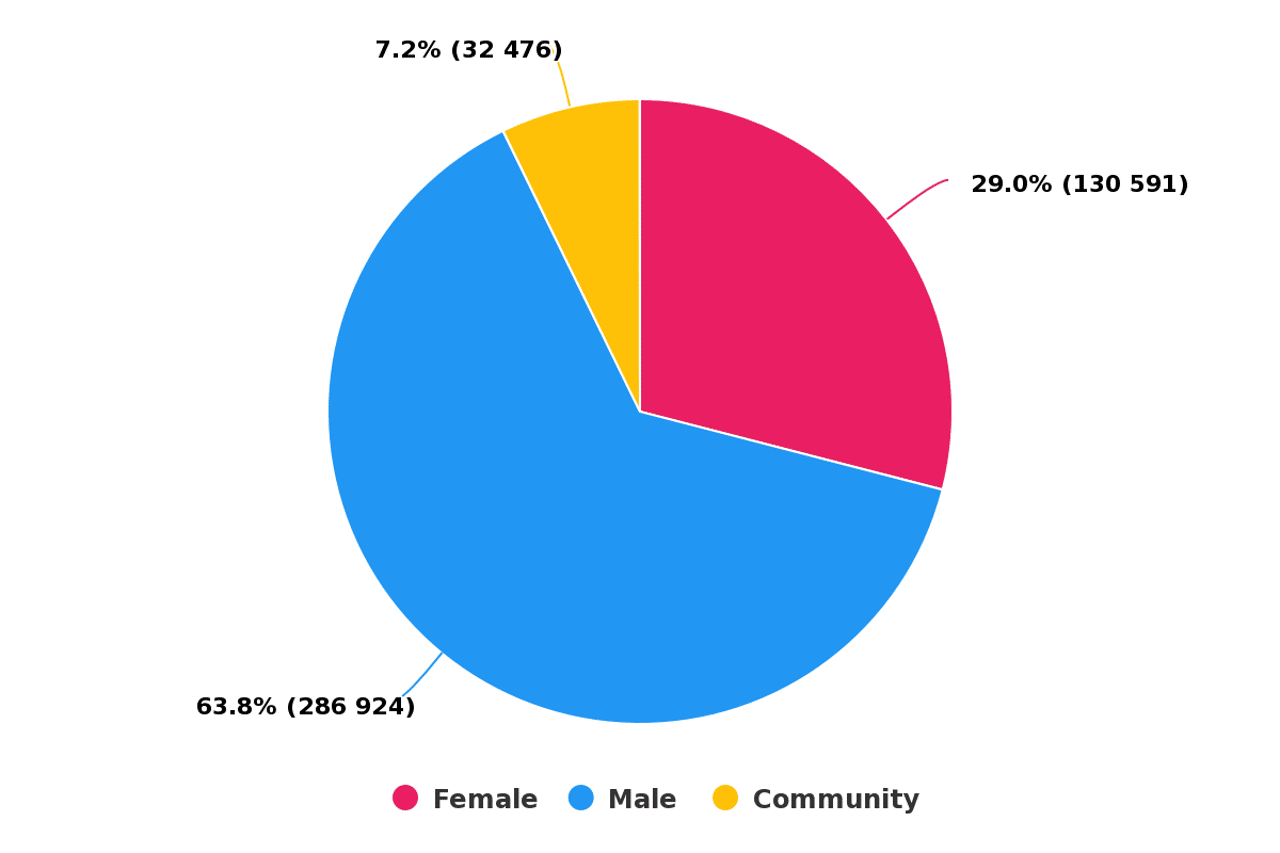

Twitter is the most popular platform for FaceApp discussions, with 73% of all traffic sources. Second and third places go to Instagram (17%) and YouTube (4.3%) respectively.
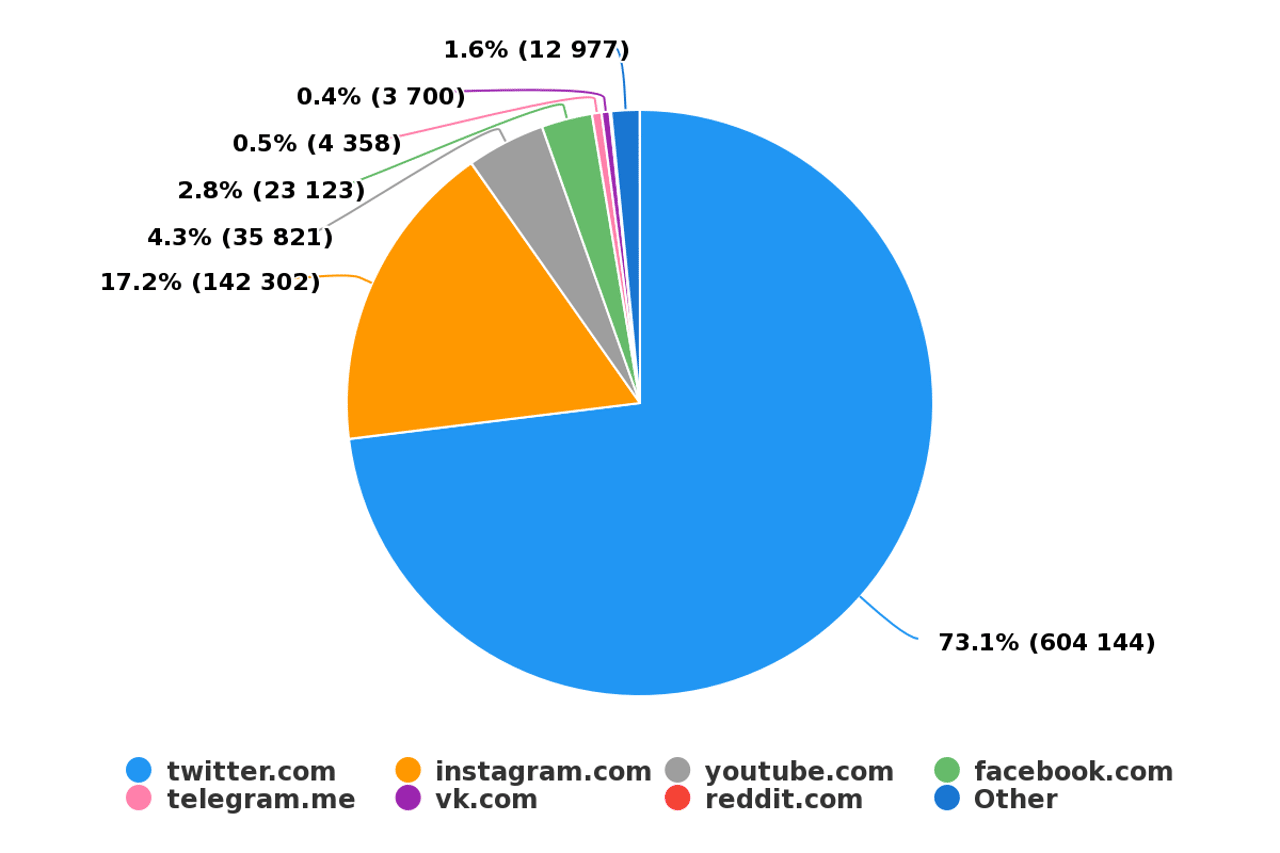

In Russia, the app was received with a great deal of excitement. The social media network Vkontakte (the Russian equivalent of Facebook) has the largest share of positive comments. Similarly, Instagram audiences from all over the world reacted positively to photos from FaceApp. This platform has the smallest share of negative sentiment. You can find these photos by searching for the #faceappchallenge hashtag on Instagram and Twitter.
Meanwhile, in the United States, a large number of negative reactions can be found on Twitter and Reddit.
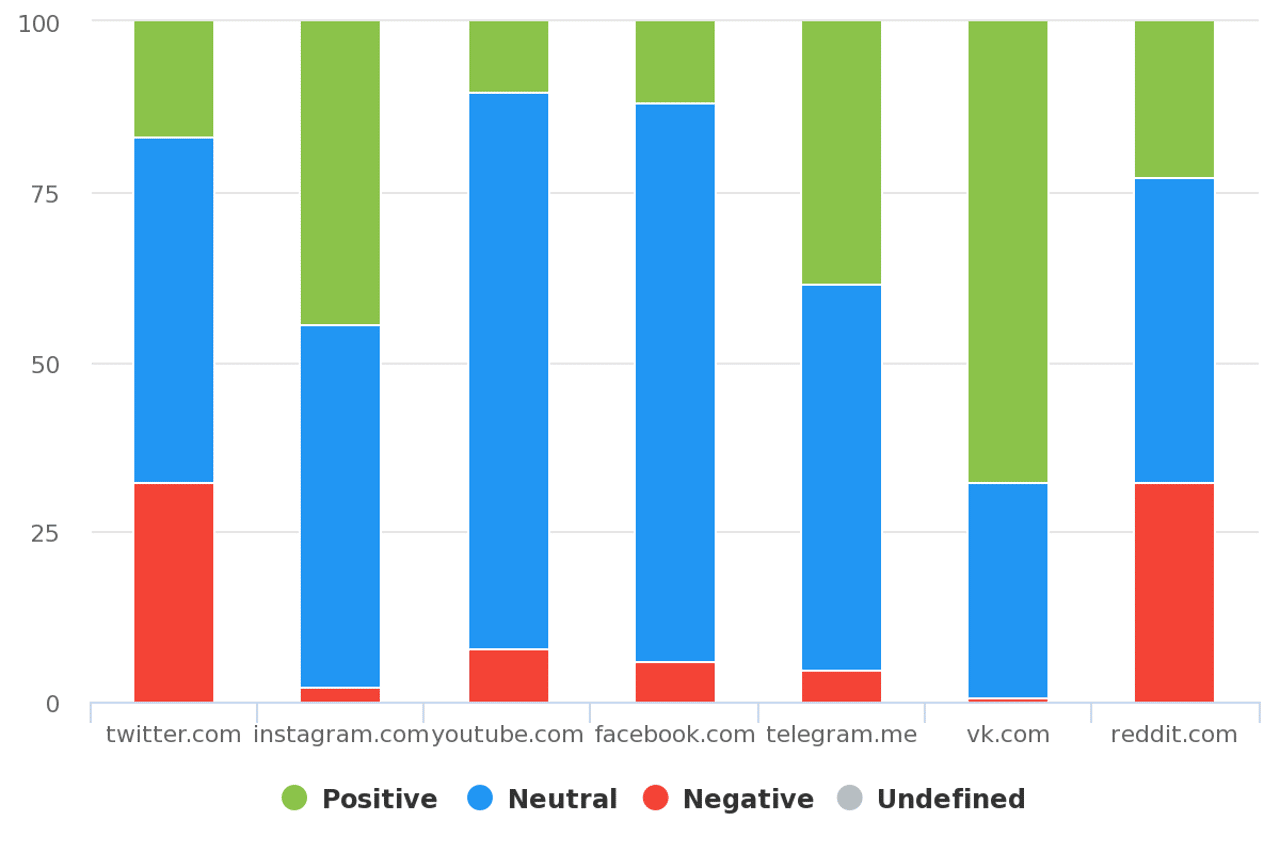

If we look at the overview of sentiment in USA over the last 30 days, we can see a surge in the number of mentions, especially negative ones, around the 18th of July.
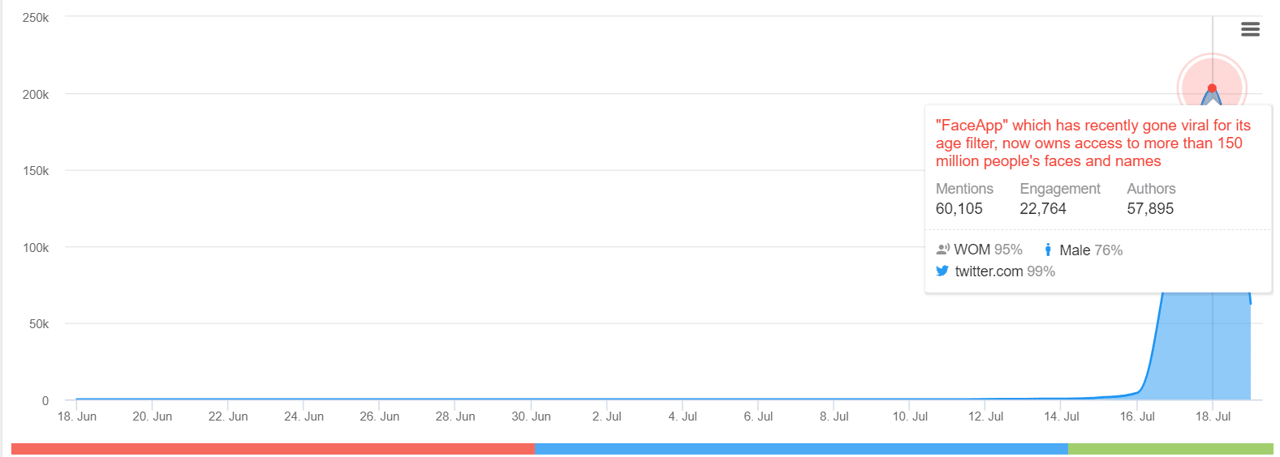

The main discussion surrounding the app snowballed on Twitter, with people raising their concerns about privacy issues with the app that gains irrevocable access to users’ photos and personal data. A large part of the overall angst was to do with the possibility of Russia using all the collected facial data in some nefarious ways.
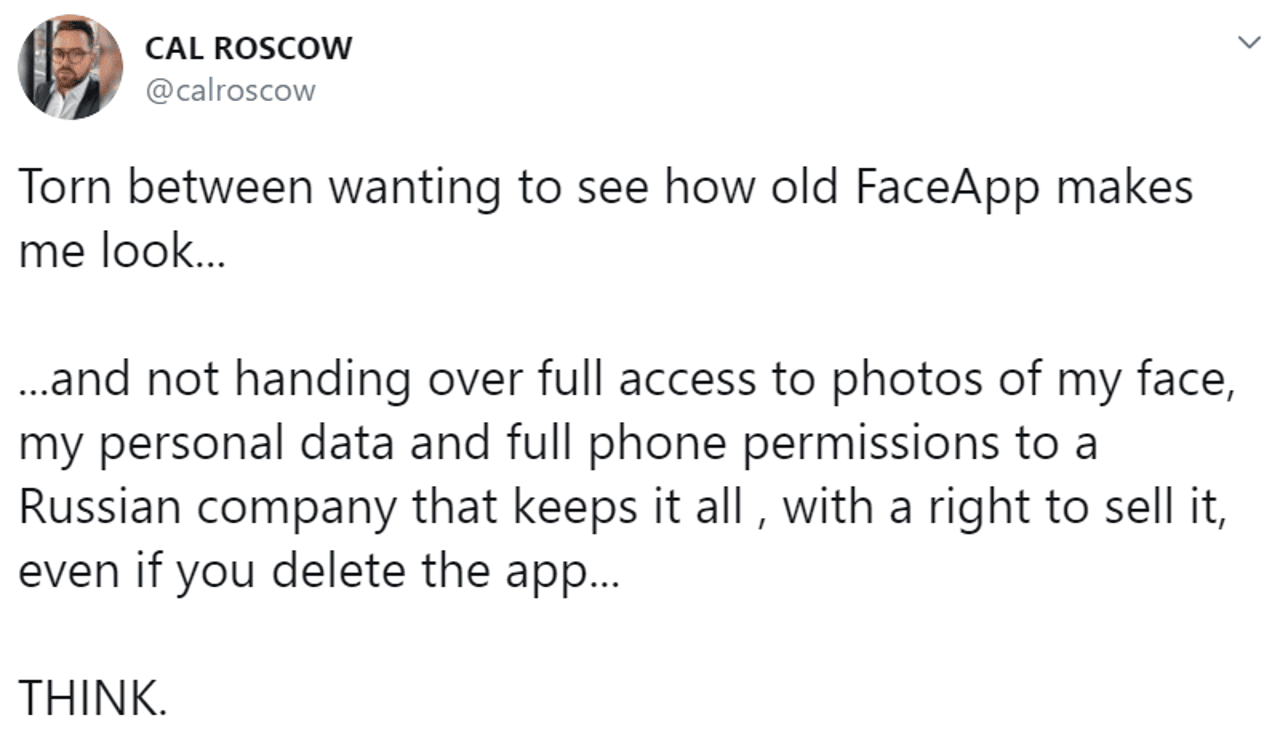

This conversation culminated yesterday in a US senator tweeting that FaceApp should be considered as a threat to US national security, and calling on the FBI and FTC to investigate the risks associated with using the app.
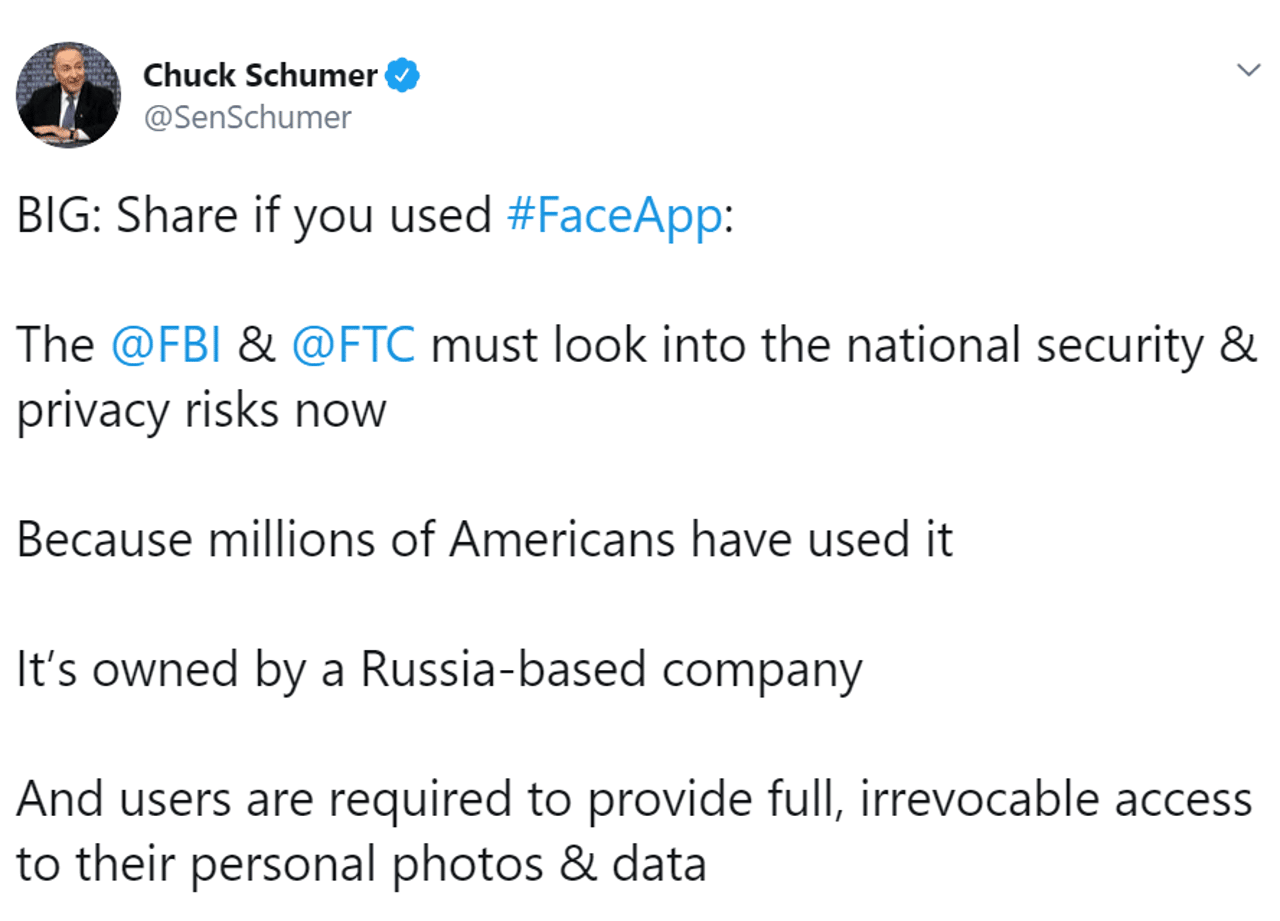

After the cybersecurity experts stepped in with statements saying that the app is unlikely to be a target of state interference and demonstrating that the required permissions are not much different from the standard terms of service for similar products, the conversation evolved into a wider discussion on privacy with tech giants like Google, Facebook, Amazon and Instagram.
-1578559320.png)
-1578559320.png)
Although the aging feature was the main reason behind the app’s outrageous popularity, other face transformation features available in FaceApp didn’t go unnoticed. The ability to see how you look as a member of the opposite sex generated quite a lot of interest and gained approval within LGBT communities as yet another opportunity to challenge age and gender boundaries.
-1578559356.png)
-1578559356.png)
It seems like big brands haven’t yet cottoned onto the #faceappchallege. There’s not much going on in terms of corporate responses to the social media buzz apart from a couple of examples with varying degrees of comic value.
-1578559417.png)
-1578559417.png)
While jumping on the FaceApp bandwagon managed to triple the usual Twitter engagement of this brand, the most resonant attempt still belongs to a graphic designer from Morocco, who created an ad for Nivea skincare company. This picture was reposted across social media as being from an official creative from the brand and received a positive perception as an example of high-quality situational marketing.
-1578559448.png)
-1578559448.png)
On the whole, the app proved to be very meme-worthy, showing that the subject has bags of potential for having fun on social media, sometimes even without the need to install the app.
-1578559509.png)
-1578559509.png)
-1578559530.png)
-1578559530.png)
-1578559581.png)
-1578559581.png)
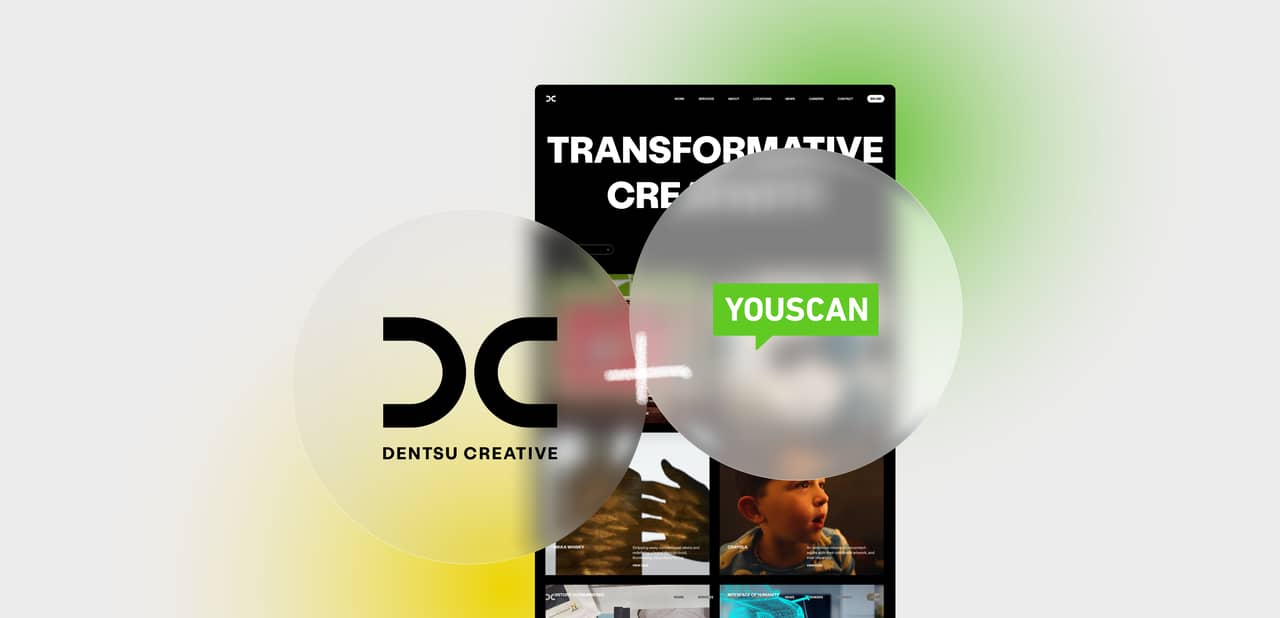
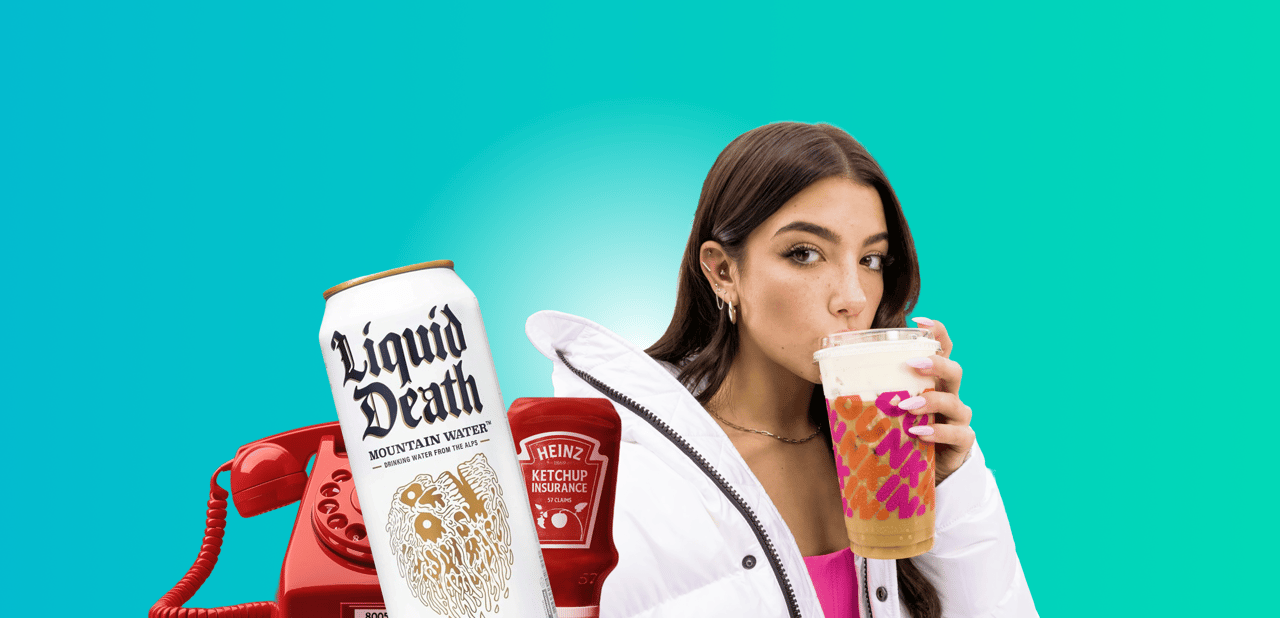
![What Is PR in Social Media? Complete Rundown [2026]](https://cdn-legacy.youscan.io/cdn-cgi/image/metadata=copyright,format=auto,fit=contain,quality=70,width=1280/what-is-pr-in-social-media_.png)